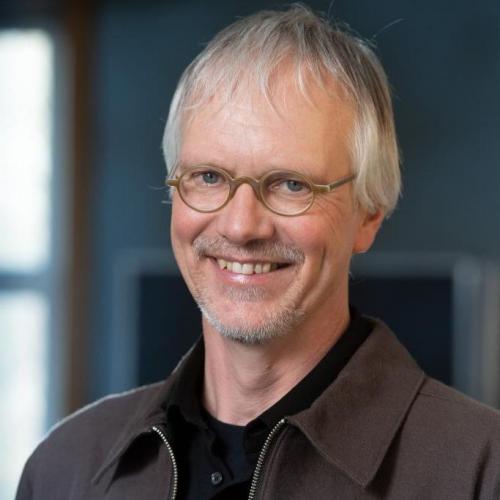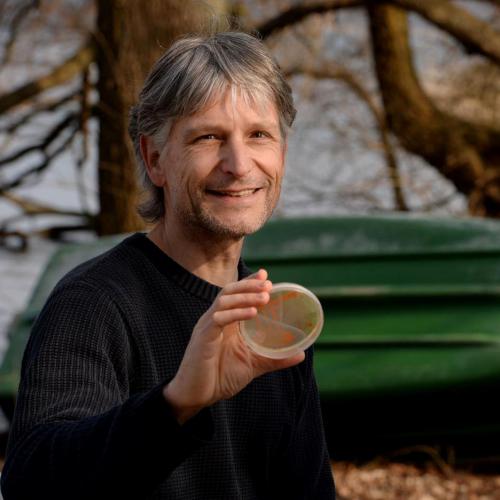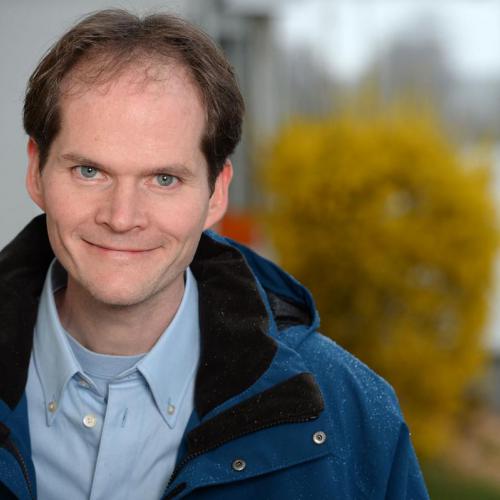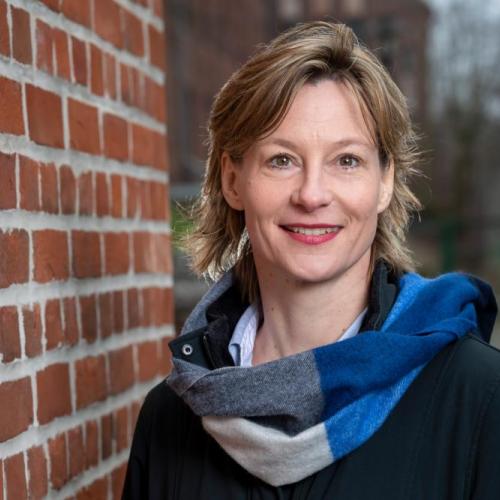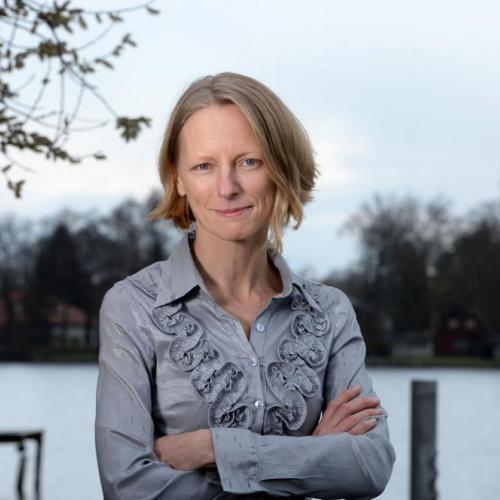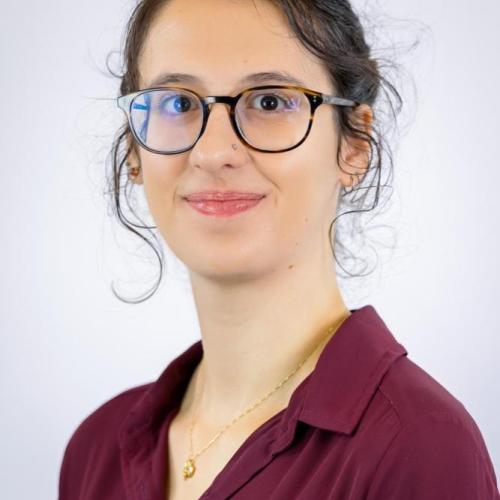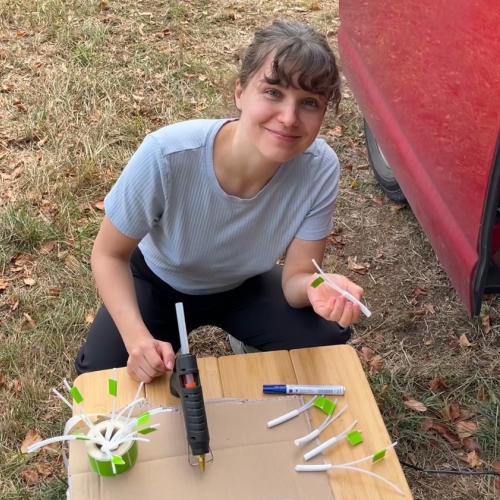POllution in UrbaN ponds, eco-evolutionary Dynamics, and Ecosystem Resilience (POUNDER)
Short profile
Duration
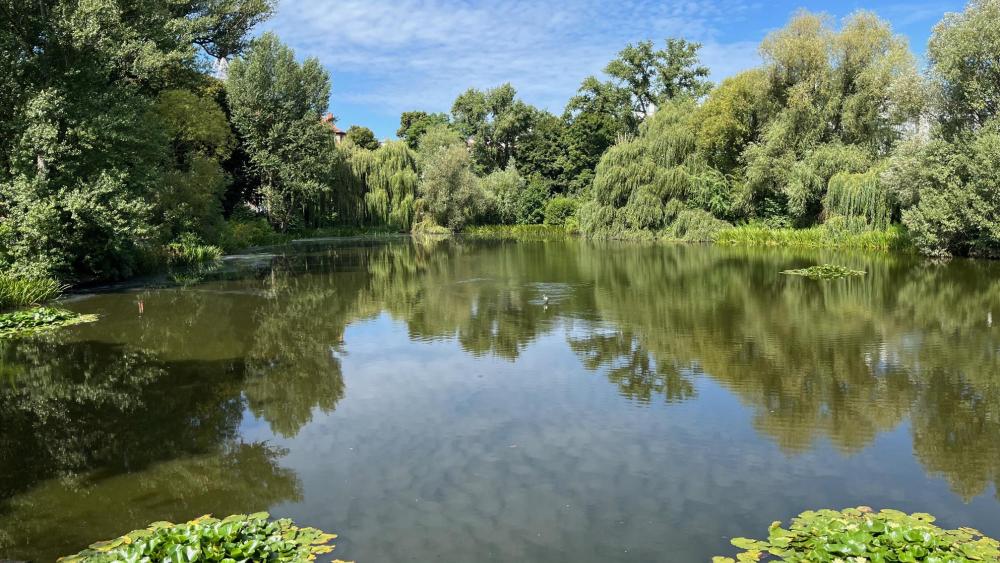
Photo: Spahr / IGB
Urban ponds are rapidly gaining importance as nature-based solutions to manage climate-related hydrologic risks, while promoting biodiversity and human well-being in cities. The ecosystem services of ponds strongly depend on water level dynamics, water quality, and biota. Urban stressors, particularly chemical pollution, can lead to negative ecological conditions that disrupt ecosystem functioning and lead, for instance, to harmful algal blooms. Water fleas of the genus Daphnia are key players in pond ecosystems that control algal development through grazing. Daphnia can adapt to urban stressors through evolution and potentially also by incorporating locally adapted microbial communities into their gut microbiome. We hypothesize that evolutionary or microbiome-mediated adaptation of Daphnia to urban pollution results in enhanced resilience of pond ecosystems against urban disturbances. Our project involves sampling of 40 ponds in Berlin along urbanization gradients with the goal to:
- Analyze pond water quality with a focus on organic chemicals;
- Quantify the extent to which adaptation of local microbial communities to pollution leads to enhanced contaminant degradation;
- Characterize evolutionary and microbiome-mediated adaptation of Daphnia to pollution and consequences of this adaptation for ecosystem resilience; and
- in a participatory process with stakeholders, develop scenarios and guiding principles for planning and management to address challenges for pond ecosystem functioning related to climate change and further urban growth.
Leibniz Association: Leibniz Collaborative Excellence




